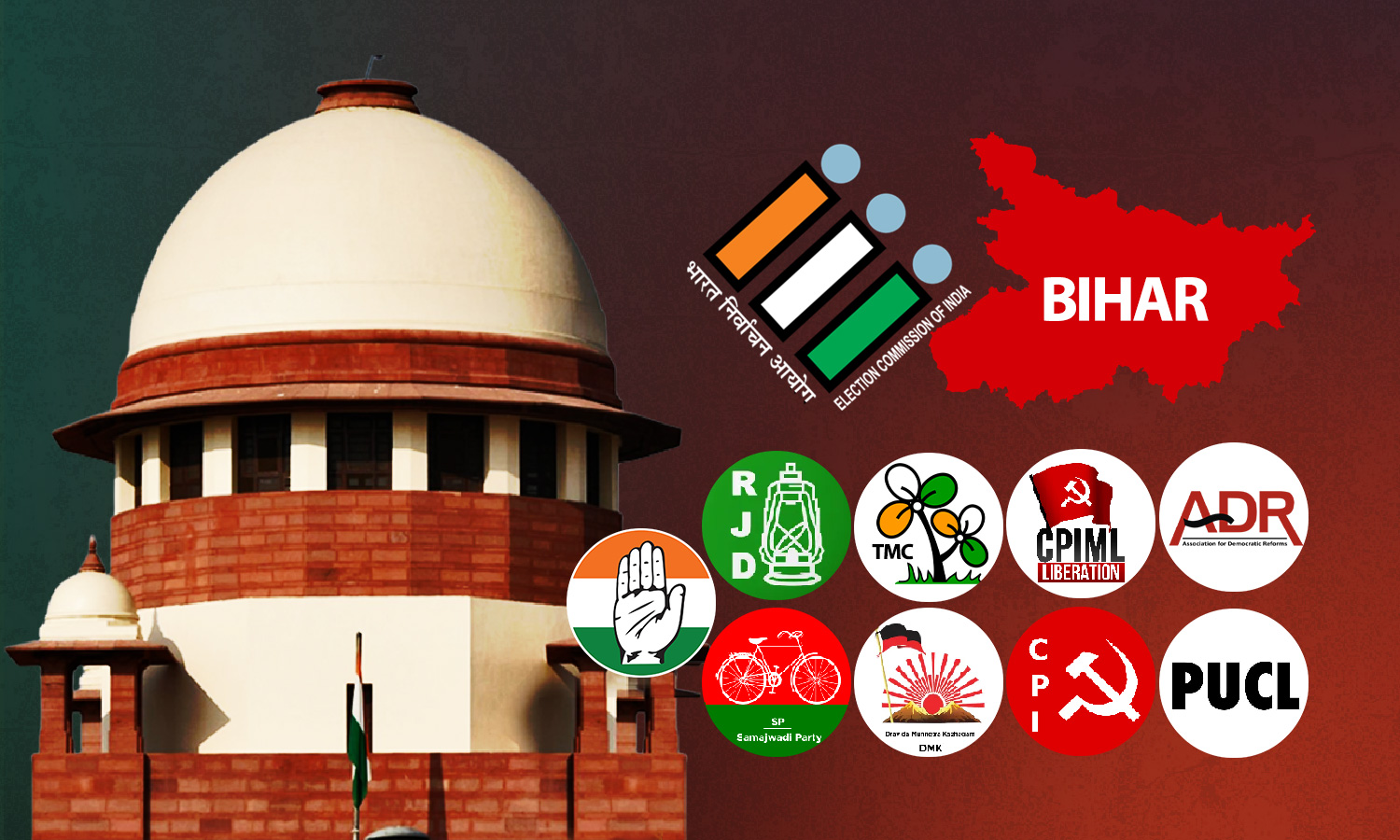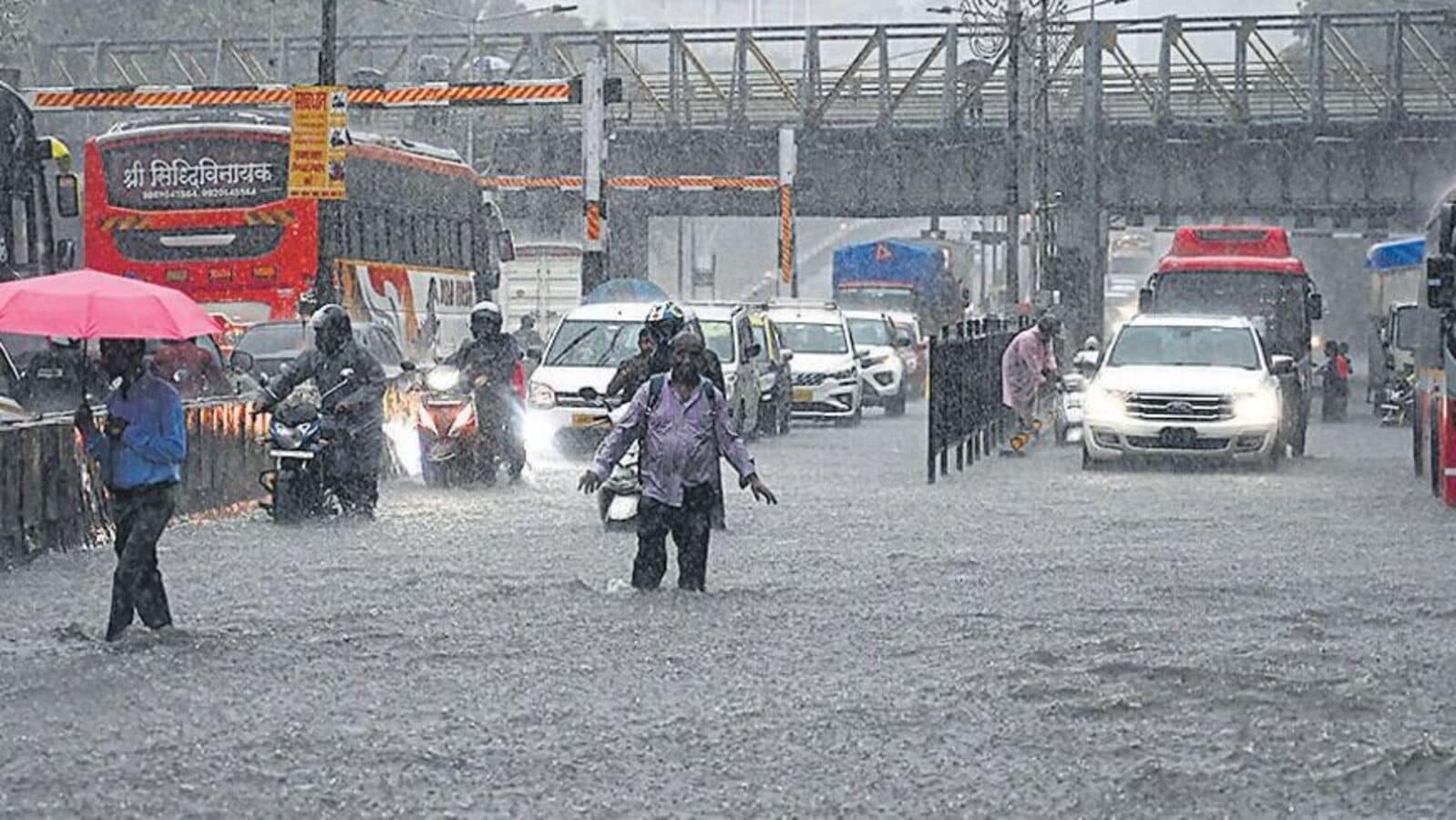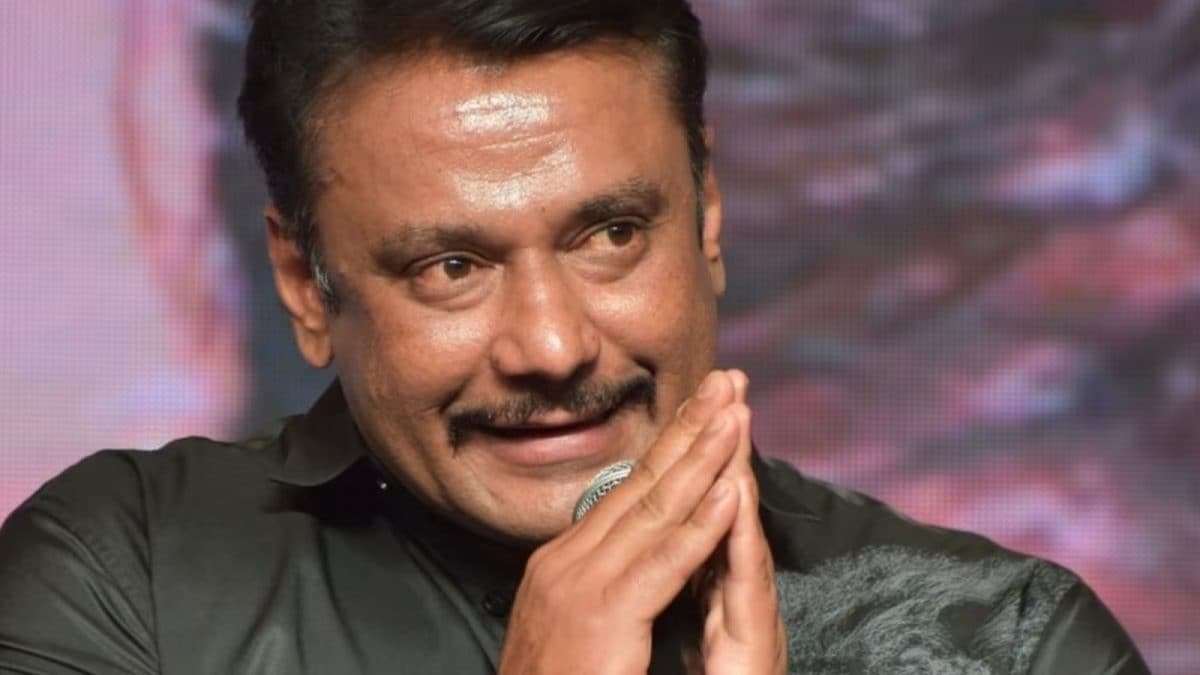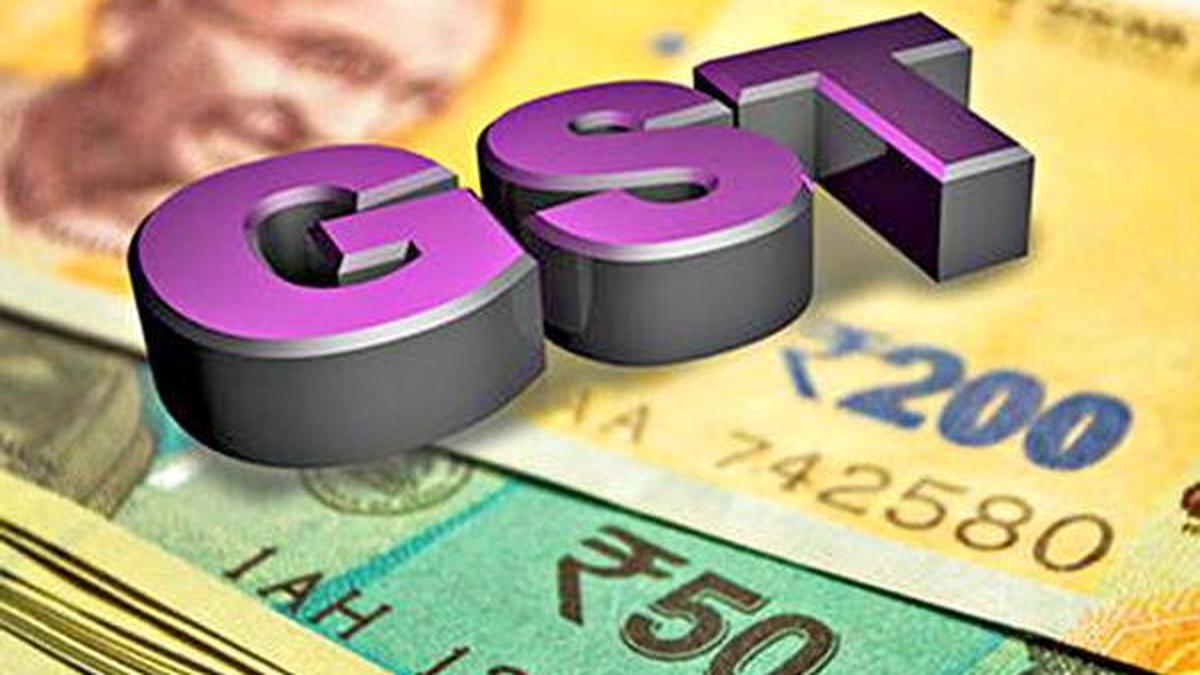The Supreme Court on Thursday (July 10) told the Election Commission of India to consider Aadhaar card, voter ID card and ration card also as acceptable documents for the “Special Intensive Revision” of electoral rolls in Bihar.
The Court also recorded the ECI’s submission that the list of eleven documents specified by it in its June 24 order as acceptable documents to show citizenship was not exhaustive and was illustrative.
“Therefore, in our prima facie view, since the list is not exhaustive, in our opinion, it will be in the interest of justice, the ECI will also consider the Aadhaar card, Electoral Photo Identity Card issued by the Election Commission and the ration card.”
The Court verbally clarified that it was not a direction to the ECI to include anyone’s name in the roll solely on the basis of these documents, and it has the discretion to accept or reject them. “We have noted that anyway you have said your list is not exhaustive. If you have good reason to discard Aadhar you do it, give reasons,” Justice Dhulia said.
A partial working days bench of Justice Sudhanshu Dhulia and Justice Joymalya Bagchi listed the batch of petitions challenging the ECI’s decision for further hearing on July 28, 2025. The ECI has been asked to file the counter-affidavit by July 21.
The Court recorded that the petitioners were not pressing for any interim relief at this stage as the next hearing is before the scheduled date(August 1) of publication of the draft electoral roll.
The Court observed that the petitions raised “an important question which goes to the very root of the functioning of the democracy in the country- the right to vote.”
“We are of the prima facie opinon that three issues are invovled in this case : (a) The very powers of the Election Commission to undertake the exercise; (b), The procedure and the manner in which the exercise is being undertaken, and (c) The timing, including the timings given for the preparation of draft electoral roll, asking objections and making the final electoral roll etc, which are very short, considering the fact that the Bihar elections are due in November 2025 and notifications for this elections will come in advance weeks earlier” the bench observed in the order.
Senior Advocate Gopal Sankaranarayan, for the ADR, gave the bench the background of the issue. He said that the Representation of the People Act provides for an “intensive revision” and a “summary revision”. An intensive revision is a de novo revision of the electoral rolls, effacing the existing roll, whereas a summary revision is just an updation of an existing roll. He said that it is for the first time in the history of India that the Election Commission of India is attempting a “Special Intensive Revision(SIR)” of an electoral roll in a State. SIR is not recognized in the Act or the Rules. As per the ECI’s order dated June 24, they are doing an SIR of the persons who got enrolled after 2003. They have given a specific deadline and have mentioned 11 documents which are only acceptable to show citizenship. “Shockingly, in these documents, Aadhaar or Voter ID card are not included,” he added.
He said that summary revision of the rolls have been taking place in Bihar regularly, even as on January 2025, and hence, there is no basis for the present SIR. He referred to judgments which hold that once you are included in the roll, there is a presumption of citizenship.
At this juncture, Justice Dhulia observed that the ECI was doing something which was permissible. “They are doing what is provided in the constitution right? So you can’t say that they are doing what they are not supposed to?”
Disagreeing, Sankaranarayan submitted that as per the Act, for an intensive revision, they have to go to every house. However, for the SIR, they have taken an “arbitrary cut-off of 2003”. “They have created an artificial distinction which the Act does not permit,” he said.
“But there is a practicality also involved. They have fixed the date, because it was the first time after computerisation. So there is a logic behind what they have done. You can demolish that logic, but you cannot say there is no logic at all,” Justice Dhulia said regarding the 2003 cut-off.
“As per Section 21(RP Act), ECI has the power to do so. You are not challenging the power of the ECI. You are challenging the manner of exercise of the power,” Justice Dhulia observed. Sankaranarayanan agreed, saying that the petitioners are questioning the manner of exercise of the power.
Justice Bagchi at this point weighed in, referring to Section 21(3), which vests with ECI the power for a special revision. Justice Bagchi pointed out that Section 21(3) does not mandate that the ECI must do the revision in the “prescribed manner”, and instead, it gave discretion to the ECI to carry it out “in such manner as it may think fit.”
The counsel submitted that the discretion was being exercised in an arbitrary manner. He questioned why Aadhaar card was not recognised as an acceptable document even when the RP Act recognized it.
“We will ask them (ECI) why Aadhaar not accepted,” Justice Dhulia said.
“Mr.Sankaranarayanan says under the principal act, Aadhaar is considered as a relevant document of identity, and so deletion of Aadhaar as one of the identifying documents runs contrary to the scheme of the act,” Justice Bagchi told the Election Commission. Supplementing this query, Justice Dhulia pointed out that some of the 11 documents specified by the ECI are based on the Aadhaar card.
Sankaranarayanan submitted that documents like Aadhaar, MNREGA card, PSU banks’ passbook etc., which are recognised as per the Rules have been excluded by the June 24 order. Even the Voter ID card, issued by the ECI itself, is not accepted, he underscored.
“The crux of your submission is the exclusion of Aadhaar and the Election Photo Identity Card from the acceptable documents,” Justice Bagchi noted.
Sankaranarayanan then raised the point of discrimination, saying that the ECI was giving a different treatment to persons in the judiciary, government services, known figures in sports, arts etc., and contended that there was a violation of Article 14. However, the bench was not much impressed with this argument, saying that this distinction was based on practicality, as persons like judges, are already verified. “Don’t go to the byelines, stick to the highway,” Justice Dhulia suggested to the counsel, asking him to raise the fundamental points.
Aadhaar cannot be accepted for citizenship
Regarding the exclusion of Aadhaar, Senior Advocate Rakesh Dwivedi, for the ECI, said, “Aadhaar cannot be accepted as a proof of citizenship”.
“But citizenship is an issue to be determined not by the Election Commission of India, but by the MHA,” Justice Dhulia said.
“We have powers under Article 326,” the ECI counsel replied. The bench shot back, saying that the ECI should have then started this exercise much earlier.
“Your decision, let us say to disenfranchise the person who is already there on the electoral roll of 2025, would compel this individual to appeal against decision and go through this entire rigmarole and thereby be denied of his right to vote in the ensuing election. There is nothing wrong in you purging electoral rolls through an intensive exercise in order to see that non-citizens don’t remain on the role. But if you decide only a couple of months before a proposed election…” Justice Bagchi observed.
Senior Advocate Kapil Sibal, (for RJD MP Manoj Jha), submitted that the burden is on the ECI to show that a person, whose name is there in the roll, is not a citizen. He added that the documents specified by the ECI are the kind of documents which very small percentage of Biharis would possess. “Bihar government survey shows that a negligible amount of people have the certificates. Passport 2.5%, matriculation 14.71%, negligible number of people has the forest right certificate, negligible number of people have Residency certificate, OBC certificates. Birth certificate is excluded, Aaadhar is excluded, MNREGA card is excluded.”
Sibal argued that only the Government of India can contest one’s citizenship in terms of the Citizenship Act and a “small officer of the EC” cannot exercise such power.
Senior Advocate Abhishek Manu Singhvi, said that “disenfranchising even one single eligible voter affects the level playing field, hits democracy and hits the basic structure.” The bench agreed with this proposition. Highlighting that Bihar was the second populous voter state, he asked why this exercise was being initiated only when the elections are away a few months.
Senior Advocate Shadan Farasat, Advocates Vrinda Grover and Nizam Pasha also made submissions for the petitioners. Grover submitted that the exercise was disproportionately affecting the poor and the marginalised and the process was “exclusionary” rather than “inclusionary.”
Bench poses queries to the ECI
After hearing the petitioners, the bench, turning to the ECI, flagged three points. “There are three things that you have to answer. There is no question that this issue is an important issue and goes to the very root of democracy. The right to vote. They are challenging the powers of the ECI, challenging the manner of exercise of power and the timing of the exercise,” Justice Dhulia observed.
Senior Advocate Rakesh Dwivedi, for the Election Commission of India, asserted that the power to revise rolls is certainly vested in the body.
“They are saying that what is being undertaken by you is neither summary revision nor an intensive revision, but a special intensive revision which is not there in the book. And what you are questioning now is citizenship,” Justice Dhulia said. Dwivedi asserted that the ECI, being a constitutional body, has no intent to exclude any genuine voter.
“But they are saying they have been voting for the past 20 years and that now you are asking people for documents suddenly, which they don’t have,” Justice Dhulia said. “Who is saying? These are not voters. Before you are some section of people who write articles and then come forward to file a petition,” Dwivedi said, raising objections to the petitions, saying that they are not filed by voters. The bench however was not impressed with this line of argument.
“Are you serious with this objection?” Justice Dhulia asked. When Dwivedi answered in the affirmative, Justice Bagchi said, “This can’t be your best point. May be one of the points. Let’s move on.”
The bench also questioned the timing.
“The question is why you are making this exercise relatable to an election coming in November, if it is an exercise that can be independent of the election for the whole of the country, “ Justice Bagchi asked. The judge also asked if it was possible to complete the exercise before the elections. Dwivedi urged the Court to at least allow the process to proceed for the time being and said that the Court can intervene at a later stage if it is found that the process is dissatisfactory.
Bench questions the timelines, exclusion of Aadhaar
The bench also questioned the strict timelines provided by the ECI.
“We have a serious doubt whether this timeline is realistic. It is a question of practicality,” Justice Dhulia said. “If you ask for these documents immediately, even I will not be able to produce it now, look at the practicality, look at the timeline,” he added.
The bench also pointed out that many documents specified by the ECI are based on Aadhaar itself and questioned why this was excluded. All the documents specified by the ECI are related to identity and not citizenship. Hence, why Aadhaar cannot be included, the Court asked.
The bench was also surprised to note that the ECI has not mentioned the Voter ID card issued by them.
Dwivedi clarified that the list of documents specified by the ECI are not exhaustive. He suggested that the Court defer the hearing till August and agreed to not publish the final list in the meantime. The bench said that even the draft list should not be published.
The bench however refused to accept the petitioners’ plea to stay the process, saying that it cannot interdict a constitutional body from exercising its functions. Singhvi argued that allowing the ECI to proceed will allow them to present an irreversible situation and claim that it was difficult to “unscramble the scrambled egg”. However, when the bench said that it was posting the matter next on July 28, before the date for publication of the draft roll, the petitioners said that they are not pressing for any interim relief at this stage.
Background
The batch of petitions challenging the Election Commission of India’s (ECI) order for a “Special Intensive Revision” (SIR) of the electoral rolls in Bihar was listed after an urgent mentioning was made before the Court on Monday.
The petitioners include opposition leaders KC Venugopal (INC), Supriya Sule (NCP-Sharad Pawar), D Raja (CPI), representatives of the DMK, Harinder Malik (Samajwadi Party), Arvind Sawant (Shiv Sena UBT), Sarfraz Ahmed (JMM), and Dipankar Bhattacharya (CPI-ML).
RJD MP Manoj Jha, activist Yogendra Yadav, Lok Sabha MP Mahua Moitra, and organisations such as the Association for Democratic Reforms, PUCL, have also approached the Court.
During the mentioning, Senior Advocates Kapil Sibal, Dr Abhishek Manu Singhvi, Gopal Sankaranarayanan and Shadan Farasat for the petitioners submitted that voters, even those who have been voting for the past two decades, could be deleted from the rolls if they fail to submit documents by July 25. Singhvi said 4 crore out of 8 crore voters would need verification. Sibal called it an “impossible task,” and Sankaranarayanan highlighted that Aadhaar and voter cards were not being accepted..
Manoj Jha’s petition terms the SIR process hasty and likely to disenfranchise crores, especially Muslims, Dalits, and poor migrants. It states that 4.74 crore voters face a disproportionate burden of proving citizenship with documents like passports or birth certificates, which many do not have. He highlights the exclusion of Aadhaar despite its wide use in Bihar and being part of the accepted document list for the 2024 General Elections.
The petition argues that in a state with high poverty, illiteracy, and migration, the ECI-mandated documents, such as passports, birth certificates, matriculation certificates, permanent residence certificates, and others, are not widely available.
Mahua Moitra in her petition has argued that the ECI has, for the first time, mandated that voters who have voted multiple times must again prove their eligibility, failing which their names may be deleted. The petition claims the requirement to submit documents proving parents’ citizenship is not contemplated under Article 326 or the Representation of the People Act, 1950. It also seeks to restrain the ECI from undertaking similar SIR exercises in other states, stating that instructions have already been issued to Electoral Registration Officers in West Bengal for an August rollout.
The petition by the Association for Democratic Reforms contends that the ECI’s directive is arbitrary, unreasonable and violative of Articles 14, 19, 21, 325, and 326. It challenges the shift of burden from the State to the citizen to prove their eligibility and points to the exclusion of Aadhaar and ration cards. The petition estimates that over 3 crore voters, particularly SCs, STs and migrant workers, could be affected.
The People’s Union for Civil Liberties (PUCL) has argued that the ECI has not demonstrated any legitimate aim behind the directive nor taken steps to prevent disproportionate harm. The petition states that the SIR is a resource-intensive exercise that was discontinued after 2003 following the digitisation of electoral rolls.
Yogendra Yadav in his PIL has sought an immediate stay on the SIR and direction to the ECI to use the electoral rolls last updated in January 2025 for the upcoming elections. The petition asserts that requiring re-verification through a narrow set of 11 documents, while excluding Aadhaar, ration cards, and job cards, will disproportionately affect SCs, STs, women and migrants.
The petition states that the SIR violates Section 22 of the Representation of the People Act, 1950, and Rule 21-A of the Registration of Electors Rules, 1960, both of which require adequate procedural safeguards.
Case no. – W.P.(C) No. 640/2025 and connected matters
Case Title – Association for Democratic Reforms and Ors. v. Election Commission of India and connected matters





